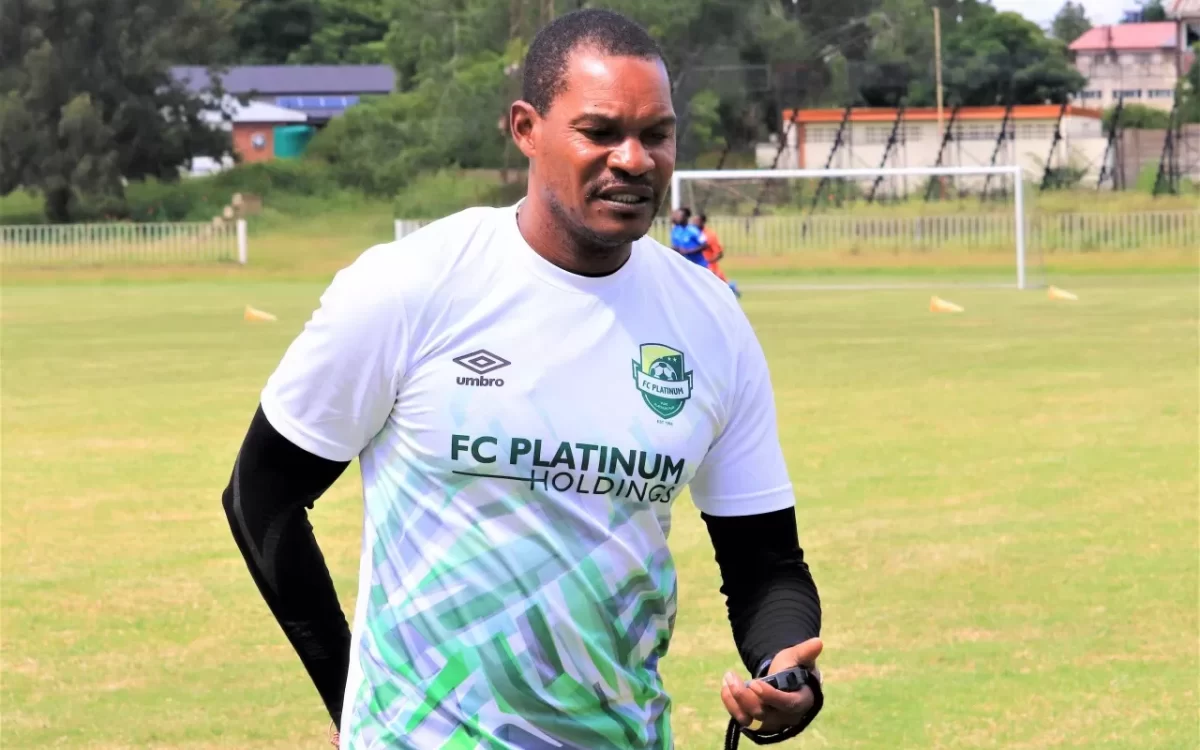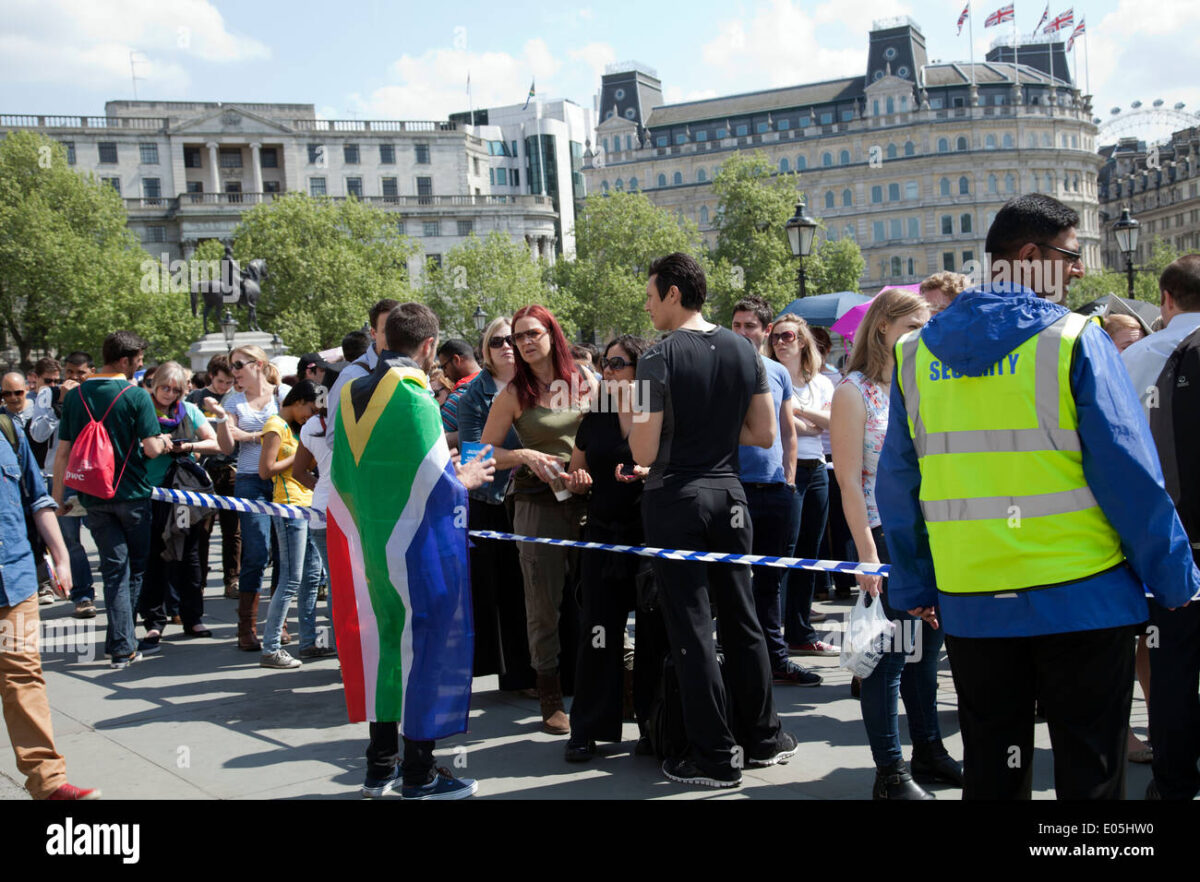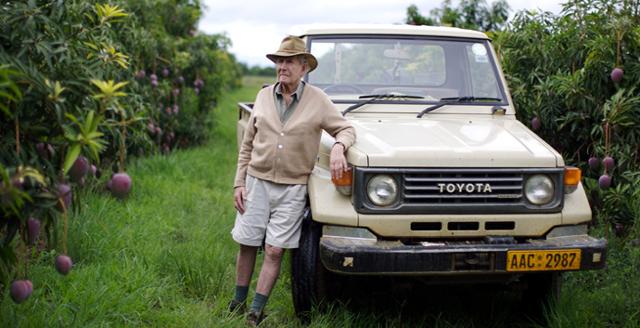HARARE – Zimbabwe’s coronavirus cases rose to 282 on Sunday, as the government admitted it was running out of test kits which has limited testing to Zimbabweans returning from other countries and contacts of active cases.
Three new cases were reported on Sunday. The ministry of health said two recently returned from South Africa and a third from South Sudan.
Zimbabwe has had 34 recoveries and four deaths.
The health ministry has in recent weeks released statistics showing a spike in infections at quarantine centres where returnees are housed for 21 days, and released when given the all-clear based on two negative tests from samples collected over 24 hours apart.
A doctors’ group on Sunday said infections were taking place at the quarantine centres.
The Zimbabwe Association of Doctors for Human Rights (ZADHR) is worried about the communal use of toilets, dirty utensils, the absence of sanitisers and masks, lack of test kits and poor access to medical care at the centres.
“ZADHR strongly suspects that the recent spike in cases in quarantine centres is a result of the poor living conditions in those centres,” the body said in a statement.
Last week, ZADHR lodged a High Court application seeking to improve living conditions at the quarantine centres, which was granted by the court.
Health minister Obadiah Moyo told Parliament last week that the broke government was thin on test kits, which was hampering their efforts to get a clear appreciation of in-country infections. The government says there is a backlog of over 5,000 tests as samples pile-up at testing facilities.
“What we are lacking are the PCR test kits which are used on the GeneXpert machine. We have got the machine but it comes from America. To us, that machine was actually donated, so when we place an order for the kits, they look at those countries which paid for their machines first. Ours is a donation, so we will be on the lowest rung of priority,” Moyo told MPs.
“There is a huge competition for these test kits. That is why we are now saying let us go east. Let us try east rather than just staying on west. We also want to go east and see what we can get from there.”
Moyo said the government had made a decision “to ensure that all the available resources be channelled towards testing all people in the quarantine centres using the PCR testing platform so that we minimise further transmission by detecting those that are positive at an earlier stage.”
“Once identified as positive, the patients are quickly taken to our isolation facilities depending on status whether they are moderate, mild to moderate or severe,” he said.
Zimbabweans at the quarantine centres have been complaining that testing sometimes takes up to more than a week after arrival.
Moyo said they wanted to change this so that cases are detected early.
“We must check them (returnees) out not only on day eight but on day one. Before, it was rapid testing on day one, day eight PCR, and day 21 PCR. Now it will be day one PCR; so that we know that the people who are cohabiting are all clean or those who are positive will be immediately moved out of the quarantine area,” the minister told Parliament on June 3.
Botswana has 40 cases in total to date, but Zimbabwe has reported over 40 cases among returnees from that country – which experts say does not make sense.
The only explanation, said the ZADHR, is that the infections are taking place at Zimbabwean facilities due to a mishandling of the returnees – largely through the inadequate provision of masks, sanitisers and regular disinfection of the quarantine centres.
















